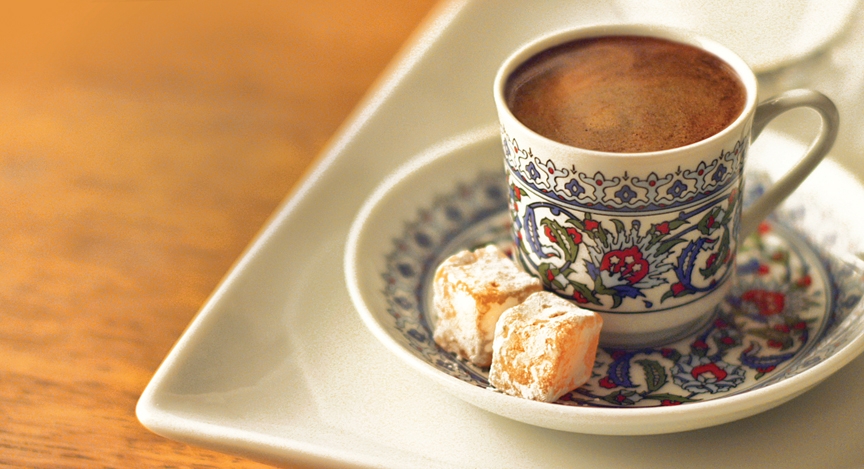Canada is a nation of immigrants with a long and proud tradition of celebrating diversity. Part of that diversity includes citizens of Turkish origin. Turks first arrived in Canada in 1901 in small numbers from the Ottoman Empire, working mainly in Ontario in mining and logging camps. However, deteriorating relations between the Ottoman Empire and Europe and Commonwealth countries, combined with a Canadian government policy that discouraged “Asian” immigration, resulted in a low number of Turkish immigrants to Canada for several decades. In fact, at the outset of WWI, the federal government classified Turkish immigrants as “enemy aliens” and then used the War Measures Act to forcibly relocate a small group of Ottoman Turks from Brantford, Ontario to a remote internment camp in Kapuskasing, Northern Ontario. They had done nothing wrong but fear, prejudice and the attitudes of the time prevailed.
Turkish immigration to Canada started to increase during the 1960s when the government of Turkey encouraged, and financially supported, Turkish students to study in Canada.
During that period, many of the Turks who came to Canada were either students or they were professionals, many of them doctors and engineers whose expertise was in high demand in Canada. By 1972, there were 9,342 Turkish-born persons living in Canada. The next significant migration to Canada came in 1989 when thousands of Turks in Bulgaria began fleeing the unrest and oppression of the Bulgarian government. Many were welcomed in Canada as political and economic refugees. By 2006, according to Canadian census data, there were 43,700 Turks (from Turkey) living in Canada. The majority were concentrated in Toronto (14,970), Montreal (10,345), Vancouver (3,380), Ottawa (2,455), Hamilton (1,590), Calgary (1,305), and Edmonton (1,250). However, the actual number of Turkish Canadians in Canada is believed to be much higher.
ABOVE: The Ortaköy Mosque is located in one of Istanbul’s most chic, artsy neighbourhoods
Today, the Turkish diaspora in Canada makes contributions across the county working in numerous professions in business, government, the private sector, academia and the labour sector. Canadians of Turkish descent are proud to cherish the Charter of Rights and Freedoms in Canada and the principles of democracy. They are also proud of their Turkish heritage and history.
The Council of Turkish Canadians (CTC) is a non-profit lobby organization based in Ottawa that undertakes advocacy in the interests of promoting a better understanding of Turkish heritage and history, advancing the positive image of Turks around the world, demonstrating a strong presence in public and political domains and participating actively in Canadian politics.
A view of Istanbul and the Bosphorus at night.
For the past 8 years, the CTC has organized the Turkish Canadian Youth Congress, bringing together Canadian youth of Turkish origin and other ethnic and cultural backgrounds. These are active youth who are willing to take a positive and constructive role on issues related to Turkish Canadians and wish to contribute to a balanced view and representation of Turkish Canadians in Canada and around the world.The 2015 Congress was held in Toronto the weekend prior to the federal election and featured an impressive list of speakers, including His Excellency Selçuk Ünal, Ambassador of the Republic of Turkey to Canada, Paul Heinbecker, the former Canadian Ambassador to the United Nations & Distinguished Fellow at Wilfrid Laurier University, Dr. Ozay Mehmet, a distinguished Research Professor in International Affairs from Carleton University and Ergun Kirlikovali, Past President of the Assembly of Turkish American Associations.
The conference was opened by Zahide Sezerman, the President of the CTC who spoke of the importance of secularism and the need for young Canadians of Turkish descent to be involved in Canada’s democracy and to make a contribution. Ambassador Ünal provided facts about the Turkey-Canada bilateral relationship and more importantly, friendship. Paul Heinbecker looked at implications for Turkey and made a passionate case for Canada to do more for refugees from Syria. He gave the audience some great insight into what would happen if Justin Trudeau were elected Prime Minister and less than a month later it appears Heinbecker got it right as Trudeau has moved quickly to change Canada’s foreign policy regarding Syrian refugees.
The conference featured a presentation by Dr. Christopher Gunn, Assistant Professor, Coastal Carolina University. His talk, The Rise and Fall of Armenian Terrorism from 1973-1994, touched on the horrendous 1982 assassination of the Turkish military attaché to Canada, Colonel Atilla Alt?kat. The act shocked the country and Ottawa residents in particular, and was forcefully condemned by then Prime Minister of Canada, Pierre Trudeau. In September 2012, a monument was erected to the memory of Col. Alt?kat and to remember all the fallen diplomats who were victims of terrorism. To this day, the killers are free at large and the RCMP has an ongoing investigation into the case.
The students at the forum shared ideas on how they can contribute to both the Canadian political and government process and ideas they have with regards to Canada playing a responsible and relevant role in world affairs. All came away from the weekend with a better understanding of Turkish heritage, history, and values and how to apply those principles to make their own effective contributions to Canada’s multicultural mosaic.
Over the next several issues of Ottawa Life Magazine, the Canada- Turkey friendship series will continue to examine the history, role and contribution of Canadians of Turkish descent.
The Turkish Community invites you to join us at fundraising gala dinner for Children’s Hospital of Eastern Ontario, CHEO on the occasion of Turkish National Sovereignty and International Children’s Day on Saturday, April 23, 2016 at Delta Ottawa City Center.
For information, tcca.ottawa@gmail.com.

